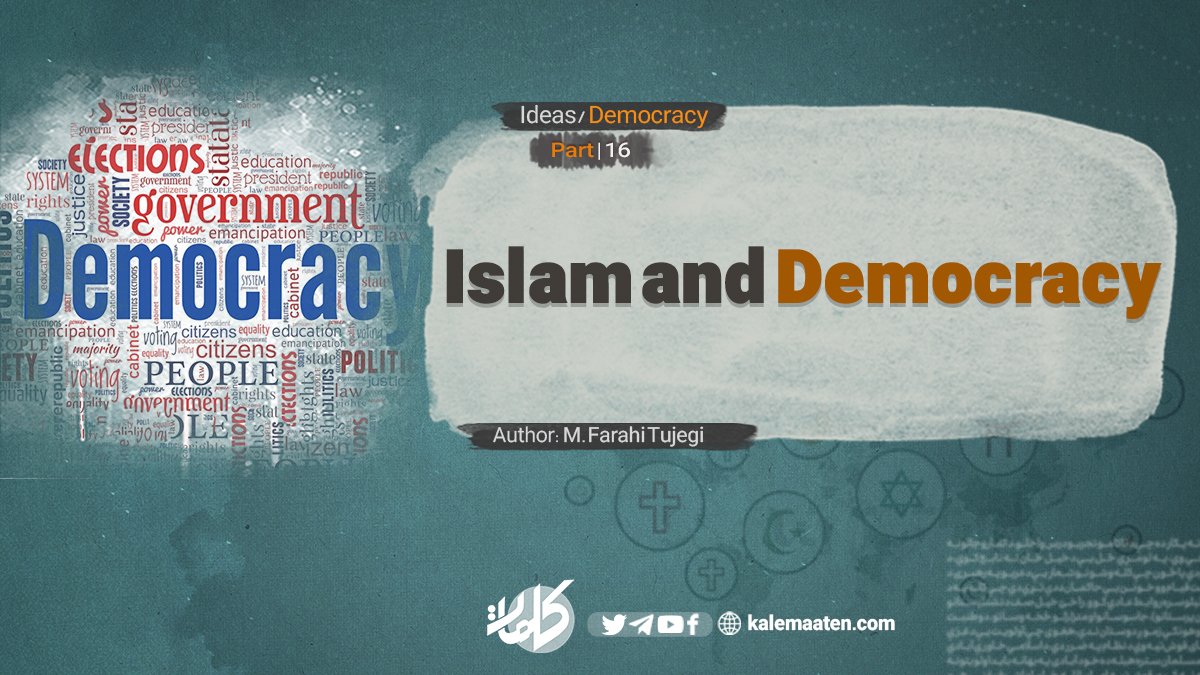Author: M. Farahi Tujegi
Democracy: Minority Rule and Rejection of the Majority
In the continuation of the “minority’s rule over the majority” series of discussions, we will address party rule and explain its dimensions and organization:
Political parties consist of a minority. Among this minority, there exists another minority, which includes the party leader and some of its more powerful members. Among pro-democracy supporters, there is no consensus on the formation of a party and the performance of party work, as this raises key questions: Can parties truly represent the people? Is the party system beneficial or corrupt?
Proponents of Forming Parties Believe:
1. Regular and organized opinion has a positive effect on government goals; for this reason, the formation of parties is necessary.
2. Parties cultivate groups, providing them with political awareness and encouraging public voting.
3. The party system is a strong and necessary foundation for a government based on representation. This system needs parties to present their programs to the people so that citizens can vote for them based on these programs.
4. According to Heschel, one of the critics of democracy, democracy is not possible without organization, and organization is the work of parties.
Criticism of Partisanship is Abundant, Including:
1. It is an exaggeration to claim that parties are the true representatives of public opinion; experience has proven that this is not the case.
2. Although parties are a pillar of democracy, they are also a source of doubt and criticism because:
A. A minority controls them, and this minority often works more for its own interests.
B. They hide behind the principles of democracy.
C. They compete with one another.
D. Party members often strive for their own interests, even when those interests starkly conflict with the public good.



